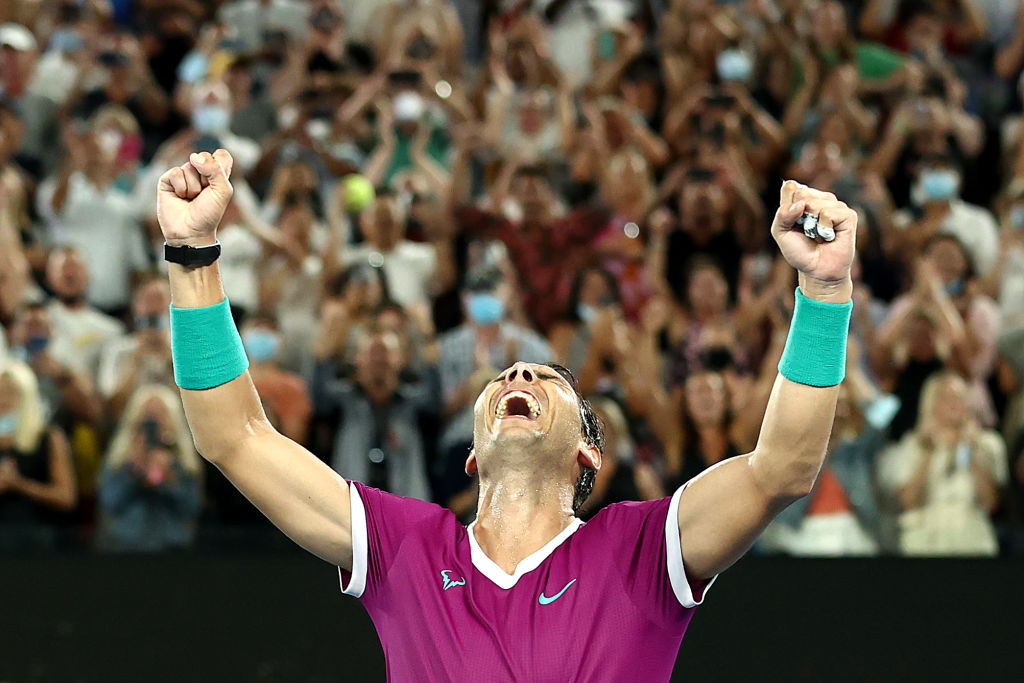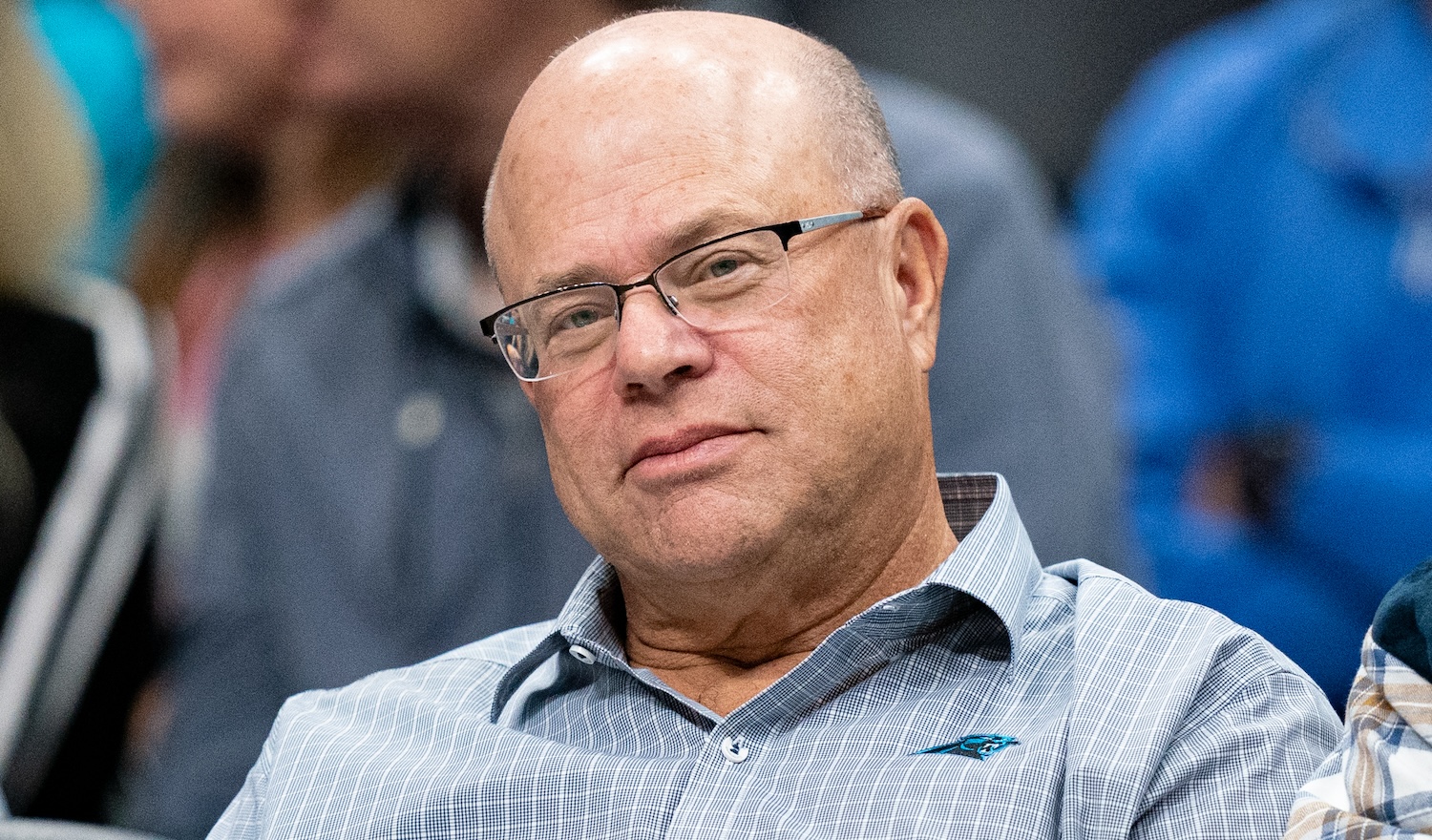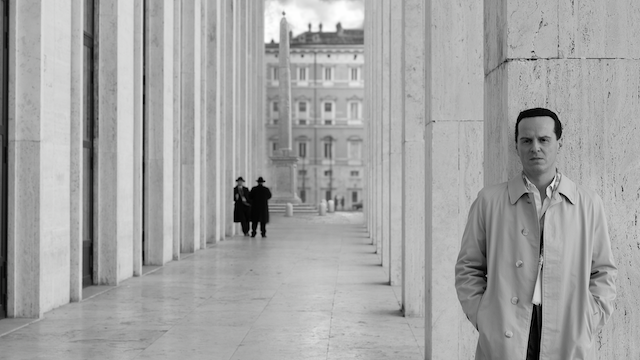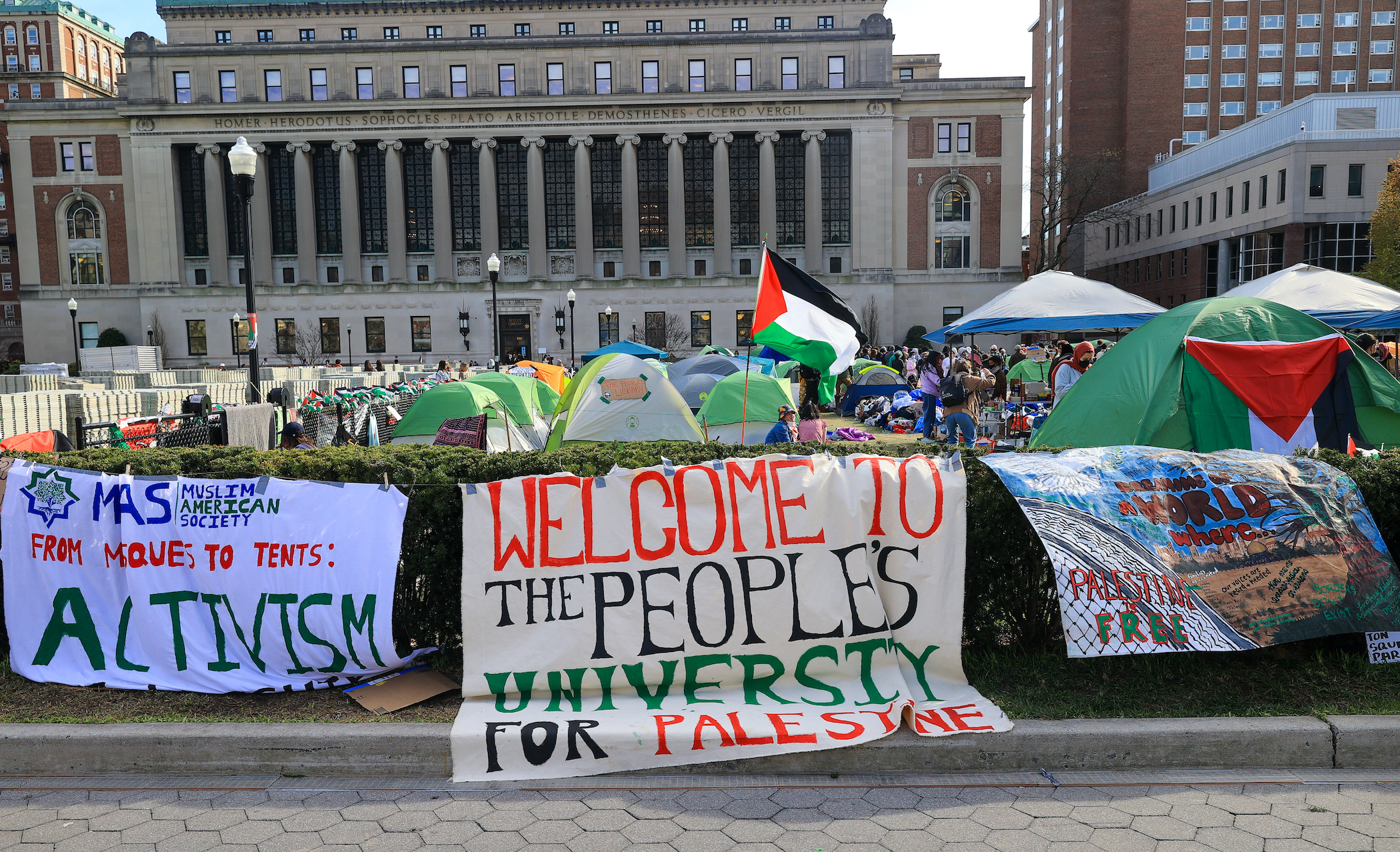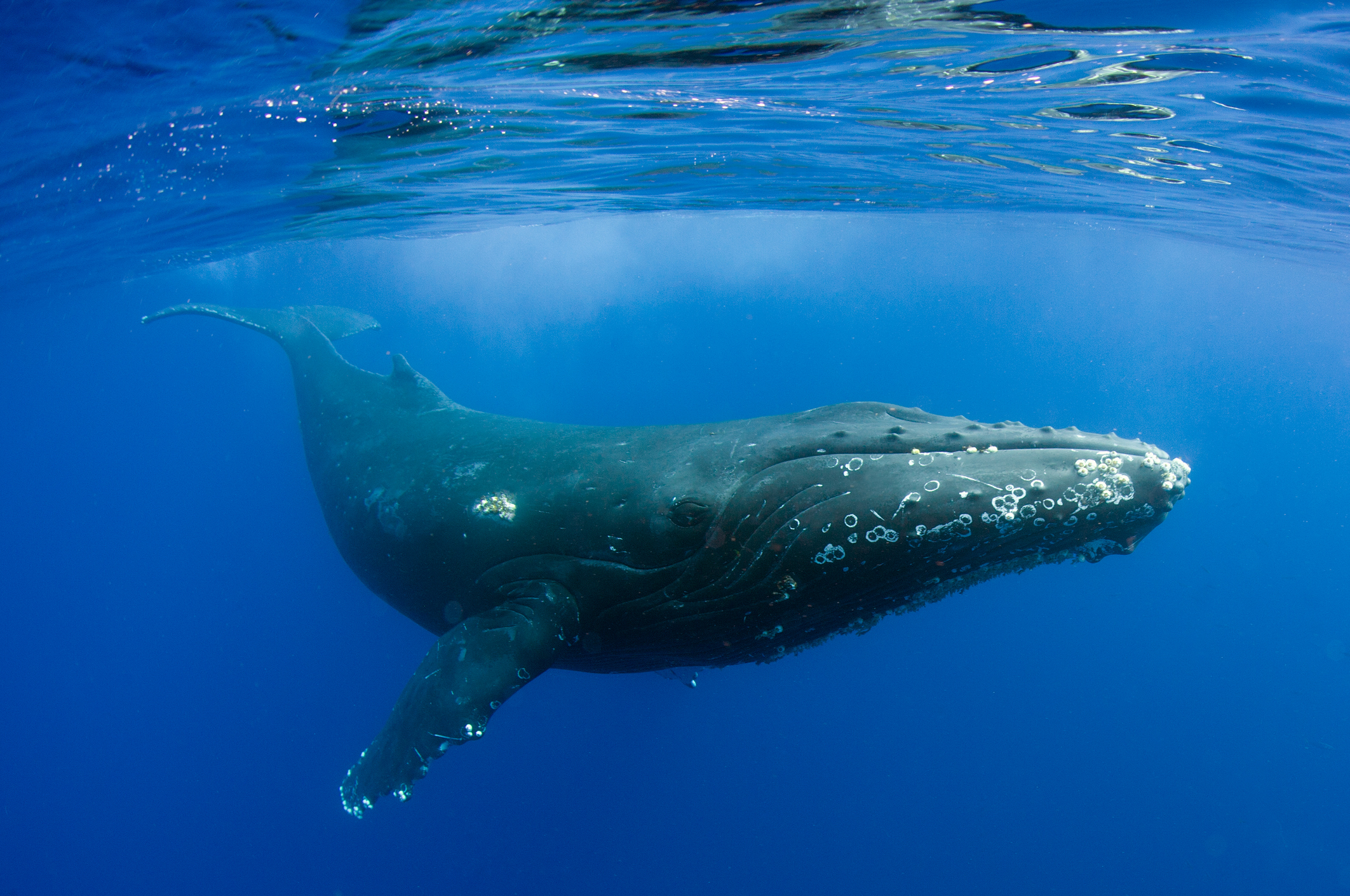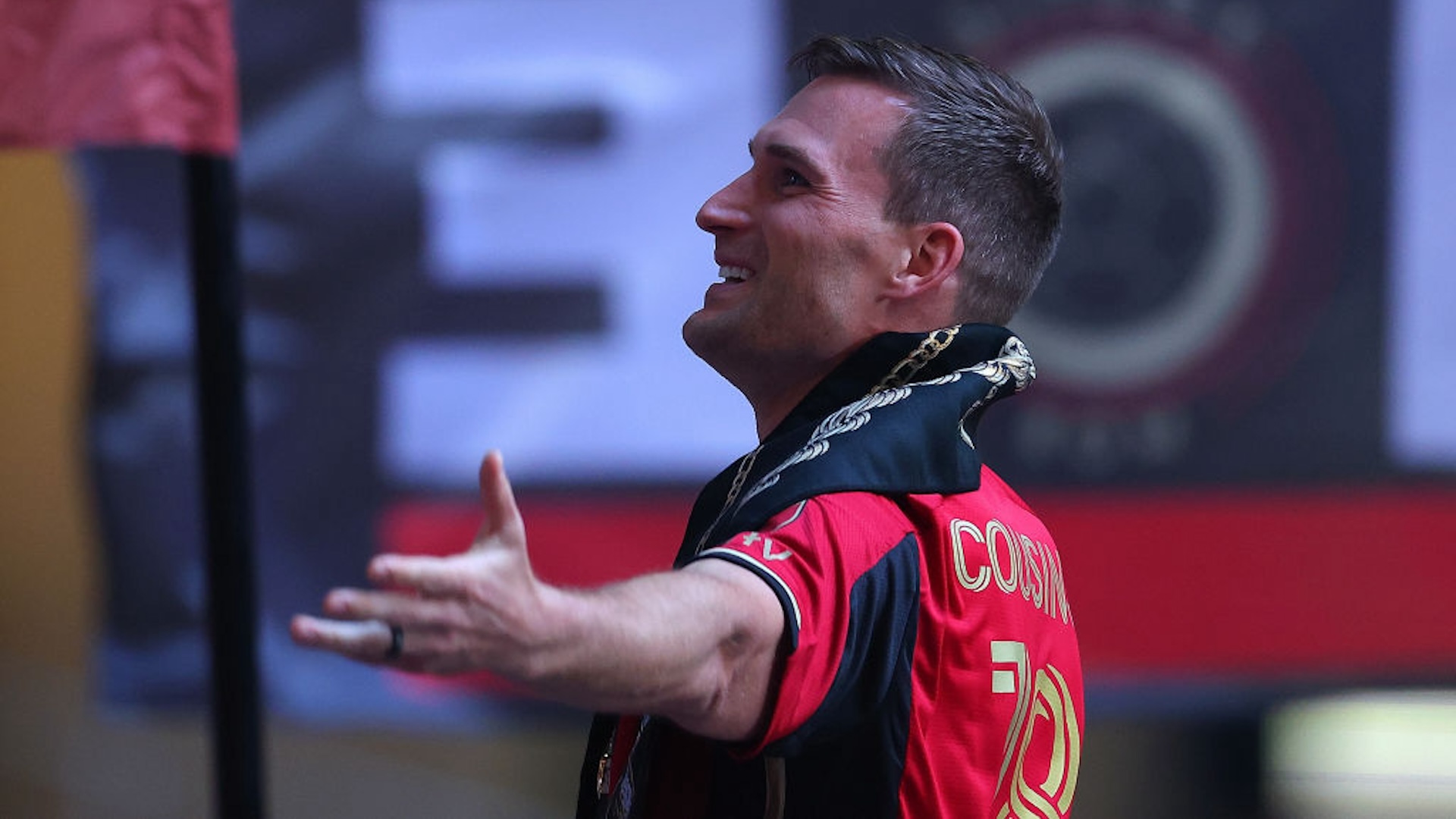This year's Australian Open got underway with only one of the Big Three both healthy and sane enough to stand on the court and compete. Roger Federer missed out due to being 40 years old and recently having had knee surgery; Novak Djokovic was sent back home due to being a dipshit and an anti-vaxxer. That left Rafael Nadal to represent his generation alone, and the 35-year-old Spaniard got his just rewards. Nadal won his second Australian Open title after a punishing five-hour final against Daniil Medvedev, giving him 21 career Grand Slam titles. Now, for the first time in his career, Nadal holds the all-time record for career Grand Slam singles titles.
Despite the absences of his career-long rivals, it's tempting to count this as the most impressive Grand Slam victory of Nadal's career. The Australian Open has always been something of a torture chamber for Nadal; he won his only other title in Australia way back in 2009, and then later lost four finals in increasingly heartbreaking fashion. His last defeat in the final came in 2019, when Djokovic crushed him, 6-3, 6-2, 6-3. If things like that could happen to Nadal in Australia while he was in his prime, then it was hard to expect much from him coming into he tournament at this point in his career. Nadal did not win a single Grand Slam in 2021, and was bounced out of the French Open, the major he has routinely dominated, by Djokovic in the semi-finals. Nadal only played one more tournament in 2021 before taking time off to deal with a chronic foot problem. Oh, and then he caught the coronavirus in December.
Don't feel too embarrassed if, given all that context, you didn't expect much from Nadal coming into this tournament, because Nadal himself was eager to set expectations relatively low. Nadal spoke to The New York Times' Ben Rothenberg before the tournament kicked off, and struck the tone of a man who was just going to go out there and try his best:
“I mean, I didn’t play five-sets matches since Roland Garros,” he said. “And, of course, my preparation could be better. But here I am. I don’t expect; I just try to go day by day. I know the situation is not ideal for me to try to have an amazing result on the first Grand Slam. But you never know. If you are not here, it is difficult to have any chance. Being here, I want to try my best.”
NYT
I suppose when you're one of the greatest athletes in the history of the sport, the old college try is a little more potent than everyone else's. Nadal was pushed to five sets by Denis Shapovalov in the quarter-finals, and then dealt with Matteo Berrettini in four sets in the semis. Both of those matches must now feel like lazy afternoon naps compared to what Nadal had to go through in order to push past Medvedev in the final. Nadal dropped the first two sets, 6-2, 7-6(5), the second of which was an 84-minute spirit breaker. But Nadal got right back to work, claiming the next two sets, 6-4, 6-4, and setting up an excruciating final set. Not only did Nadal have to fight off the No. 2 ranked player in the world, who also happens to be 10 years younger than Nadal, he had to battle his own bad memories.
Nadal to Eurosport on being broken when serving for the match at 5-4, 30-0: "I thought, fuck, I am going to lose like in 2012 and 2017. But I just kept fighting. I can lose, he can win, but I can't give up"
— Simon Cambers (@scambers73) January 30, 2022
Perhaps it's silly to see a living legend claiming his 21st Grand Slam title as any kind of shock, but mountains are hard to climb, even for those who have already accomplished as much as Nadal. There he was, aging and exhausted, having just let championship point slip through his fingers, standing on the same court where he'd previously had his guts ripped out multiple times. Nobody would have been all that surprised, or blamed Nadal all that much, if he had faded and let the match slip away. But he didn't fade. He kept playing, and he won, and at the end it looked like nobody could believe less than Nadal himself.
Another chapter is written 🏆@RafaelNadal defeats Daniil Medvedev 2-6 6-7(5) 6-4 6-4 7-5 to win his second #AusOpen title in an epic lasting five hours and 24 minutes.
— #AusOpen (@AustralianOpen) January 30, 2022
⁰
🎥: @wwos • @espn • @eurosport • @wowowtennis #AO2022 pic.twitter.com/OlMvhlGe6r
If you liked this blog, please share it! Your referrals help Defector reach new readers, and those new readers always get a few free blogs before encountering our paywall.
Editor-in-Chief.
Stay in touch
Sign up for our free newsletter
